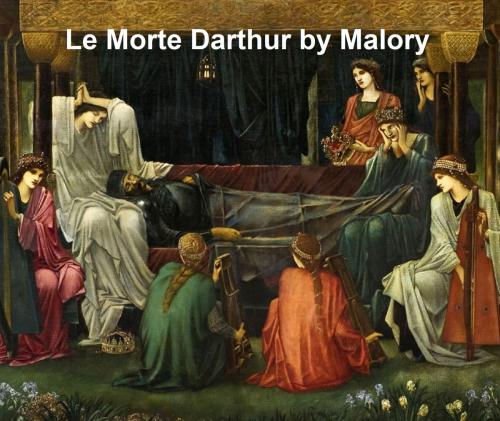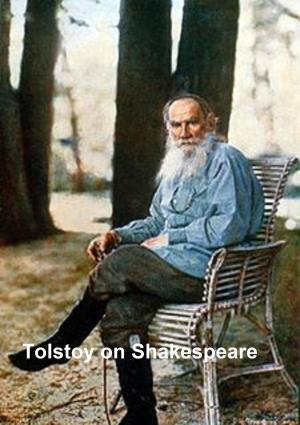La Morte Darthur: Sir Thomas Malory's Book of King Arthur and His Noble Knights of the round Table, both volumes in a single file
Fiction & Literature| Author: | Thomas Malory | ISBN: | 9781455338856 |
| Publisher: | Seltzer Books | Publication: | November 15, 2017 |
| Imprint: | Language: | English |
| Author: | Thomas Malory |
| ISBN: | 9781455338856 |
| Publisher: | Seltzer Books |
| Publication: | November 15, 2017 |
| Imprint: | |
| Language: | English |
According to Wikipedia: "a compilation by Sir Thomas Malory of Romance tales about the legendary King Arthur, Guinevere, Lancelot, and the Knights of the Round Table. Malory interprets existing French and English stories about these figures and adds original material (the Gareth story). First published in 1485 by William Caxton, Le Morte d'Arthur is today perhaps the best-known work of Arthurian literature in English. Many modern Arthurian writers have used Malory as their principal source, including T. H. White in his popular The Once and Future King and Tennyson in The Idylls of the King... Sir Thomas Malory (c. 1405 14 March 1471) was an English writer, the author or compiler of Le Morte d'Arthur. The antiquary John Leland (15061552) believed him to be Welsh, but most modern scholars, beginning with G.L. Kittridge in 1894, assume that he was Sir Thomas Malory of Newbold Revel in Warwickshire, who was a knight, land-owner and Member of Parliament. The surname appears in various spellings, including Maillorie, Mallory, Mallery, and Maleore. The name comes from the Old French adjective maleüré (from Latin male auguratus) meaning ill-omened or unfortunate."
According to Wikipedia: "a compilation by Sir Thomas Malory of Romance tales about the legendary King Arthur, Guinevere, Lancelot, and the Knights of the Round Table. Malory interprets existing French and English stories about these figures and adds original material (the Gareth story). First published in 1485 by William Caxton, Le Morte d'Arthur is today perhaps the best-known work of Arthurian literature in English. Many modern Arthurian writers have used Malory as their principal source, including T. H. White in his popular The Once and Future King and Tennyson in The Idylls of the King... Sir Thomas Malory (c. 1405 14 March 1471) was an English writer, the author or compiler of Le Morte d'Arthur. The antiquary John Leland (15061552) believed him to be Welsh, but most modern scholars, beginning with G.L. Kittridge in 1894, assume that he was Sir Thomas Malory of Newbold Revel in Warwickshire, who was a knight, land-owner and Member of Parliament. The surname appears in various spellings, including Maillorie, Mallory, Mallery, and Maleore. The name comes from the Old French adjective maleüré (from Latin male auguratus) meaning ill-omened or unfortunate."















